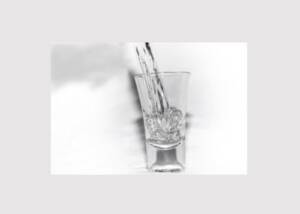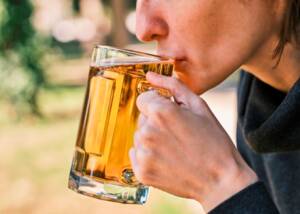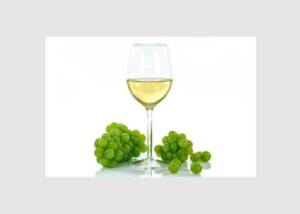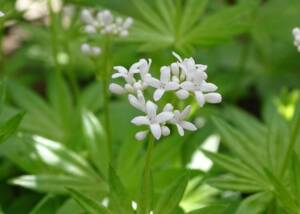British tea culture - why is tea more popular than coffee?
News News blog
The British tea culture originated in the 17th century and is known beyond the United Kingdom. Drinking tea is part of the British way of life, especially afternoon tea (tea time) is often celebrated and served according to certain rules.
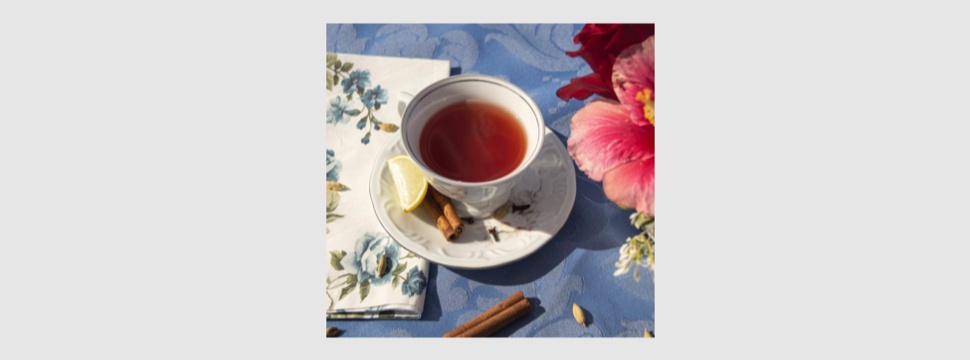
But it was originally a Portuguese lady who made tea popular in England. Surviving is the request of Catherine of Braganza (1638-1705), the Infanta of Portugal, for a cup of tea and the reply of her husband Charles II: "We don't drink tea in England. But maybe some ale will do?" However, since Catherine liked tea, tea was imported to Britain from China.
In the course of the British overseas trade, Great Britain began to import tea from China in the middle of the 17th century. At that time, however, tea was only affordable for the upper classes and was therefore considered a status symbol. Queen Anne (1665-1714) contributed to the popularity of tea drinking by preferring tea for breakfast instead of the usual warm beer.
After 1750, the first tea gardens were opened where tea was drunk outdoors. While women were denied entry to coffee houses, tea gardens were open to them. And when tea taxes were lowered in 1783, the middle class, which until then had drunk the cheaper coffee, could afford tea. Later, the families of the workers followed their example.
Tea preparation
Britons drink almost exclusively black tea, preferably unflavored, and like the strong varieties. Loose tea leaves (since the 20th century also tea bags) are placed in the pot and boiling water is poured over them, where they remain, so that the tea gradually becomes stronger and stronger. For this reason, additional hot water is sometimes poured in. In addition, most Britons drink their tea with milk, as this makes it milder. In the Kingdom, there is a dispute between the respective adherents of the principles of milk-in-first (Mif) and tea-in-first (Tif). In the past, Mif served to protect fragile porcelain cups. However, there are said to be no effects on taste.

